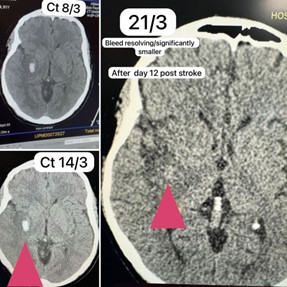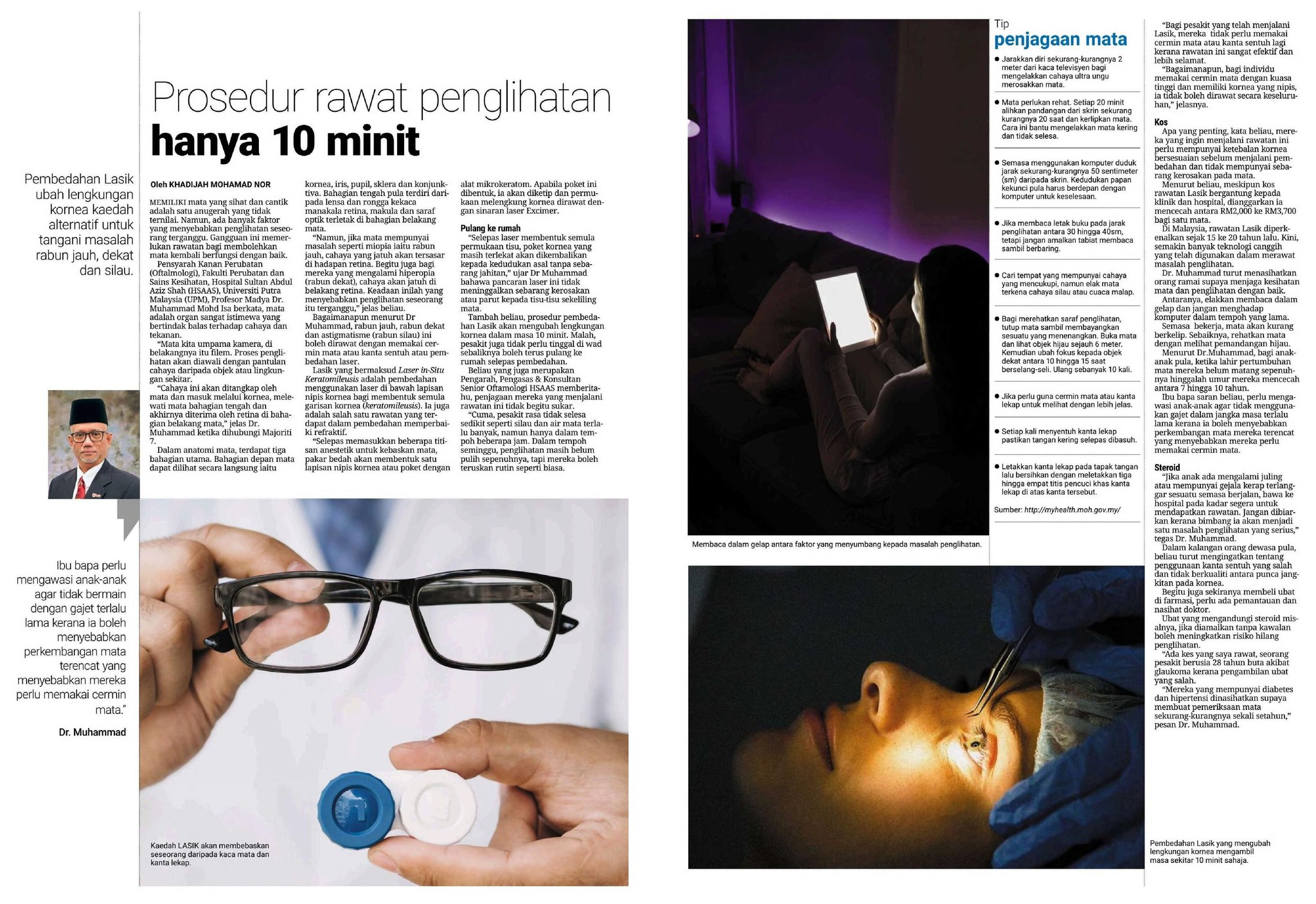|
Article Summary
Obesity is not just a concern about physical appearance. It's a complex disease that increases the risk of other health issues, such as heart disease, type 2 diabetes, high blood pressure, orthopaedic issues (such as knee pain), sleep problems and cancer. The pandemic has also made us realise the far-reaching impact of the condition as the obese have a higher risk of severe illness from Covid-19.
By: Meera Murugesan
WE are a nation in dire need of weight management.
As the "fattest" country in Southeast Asia, we are wearing a badge that we can't be proud of.
One in two Malaysian adults is overweight or obese, according to the National Health and Morbidity Survey (NHMS) 2019.
With the Covid-19 pandemic leading to more indoor time, less physical activity and stress eating, we can expect more Malaysians to struggle with their weight.
The fact that half our population has excess weight calls for a concerted effort to manage the issue, says Associate Professor Dr Barakatun Nisak Mohd Yusof.
The deputy dean of the Faculty of Medicine and Health Sciences at Universiti Putra Malaysia, who is also a practising dietitian and specialises in metabolic obesity and diabetes, says obesity is not just a concern about physical appearance.
It's a complex disease that increases the risk of other health issues, such as heart disease, type 2 diabetes, high blood pressure, orthopaedic issues (such as knee pain), sleep problems and cancer.
The pandemic has also made us realise the far-reaching impact of the condition as the obese have a higher risk of severe illness from Covid-19.
WHY ARE WE FAT?
Malaysians are known for our love of food and have access to a variety of cuisines daily, but diet alone is not the sole contributing factor to obesity.
A poor diet accelerates the development of obesity when it is accompanied by a sedentary lifestyle, says Barakatun.
Since 2017, the NHMS has shown consistent non-optimal dietary practices among Malaysians, she adds.
Almost 95 per cent of adults do not eat the recommended daily amount of fruits and vegetables, despite this being important in weight management and disease prevention, and 53.2 per cent of Malaysians use sugar daily in self-prepared drinks. One in four adults is not physically active.
"The combination of inactivity, a diet rich in sugar as well as insufficient fruit and vegetable intake contributes hugely to weight gain," she says.
Easy access to high caloric food doesn't help either. With street food on every corner and restaurants opening 24/7, Malaysians spend more time eating than people in other countries.
Barakatun says a new study by the Salk Institute for Biological Studies has found that when we eat may matter as much as what we eat.
In its animal study, mice, whose feedings were restricted to certain hours of the day, became thinner than mice who were fed the whole day.
Secondly, when healthy food is not available or expensive, people may settle for food that is higher in calories and lower in nutritional value, she explains.
SLOWING DOWN
Does age impact weight gain, especially when Malaysia is heading towards an ageing population?
Barakatun says it's true that as we age, our metabolism slows down, but the issue is that people are still eating the same portion of food and leading a sedentary lifestyle, which result in weight gain.
"In general, our calorie intake should match our age, activity level and gender," she says.
Awareness that obesity is a complex disease would help people take immediate action when they start seeing weight gain, rather than ignoring it and continuing to practise unhealthy habits, she adds.
Many adults complain about the struggle to lose weight or to maintain their weight once they have shed the kilos.
Barakatun says losing weight is not easy. It involves not only diet management and physical activity, but even help from clinical psychologists to sustain the improvement.
Some people with obesity may also have other related issues, which need to be taken into consideration in a weight loss programme.
For example, if a patient has bilateral knee pain, brisk walking or jogging may be difficult, and he or she needs to find another form of exercise.
They may also have food cravings and without an appropriate selection of meals, the weight loss journey becomes harder.
It can take between three and six months in a focused and structured programme that requires frequent visits to the doctor and other healthcare providers, including dietitians, to achieve a significant weight loss of about five to 10 per cent, she explains.
For certain patients with metabolic obesity, lifestyle intervention alone is not sufficient. Obesity drugs and bariatric surgery may be required to help them achieve significant weight loss.
"Depending on the clinical goal, we need to craft the obesity management journey," says Barakatun.
THE HUGE IMPACT
CHRONIC diseases not only impact individual health, but also healthcare resources and cost.
Obesity is the risk factor for most non-communicable chronic diseases (NCDs).
Managing obesity together with accompanying NCDs would increase healthcare resources and costs.
Studies indicate that those who are obese:
• Are more likely to be admitted to hospital;
• Have annual healthcare expenditure that is higher compared with those of normal weight;
• Have substantially increased rates of absenteeism (more days out of work) and presenteeism (reduced productivity while at work);
• Tend to take more sick days, have longer sick leave and incur greater productivity loss than non-obese workers.
|











.jpg)















